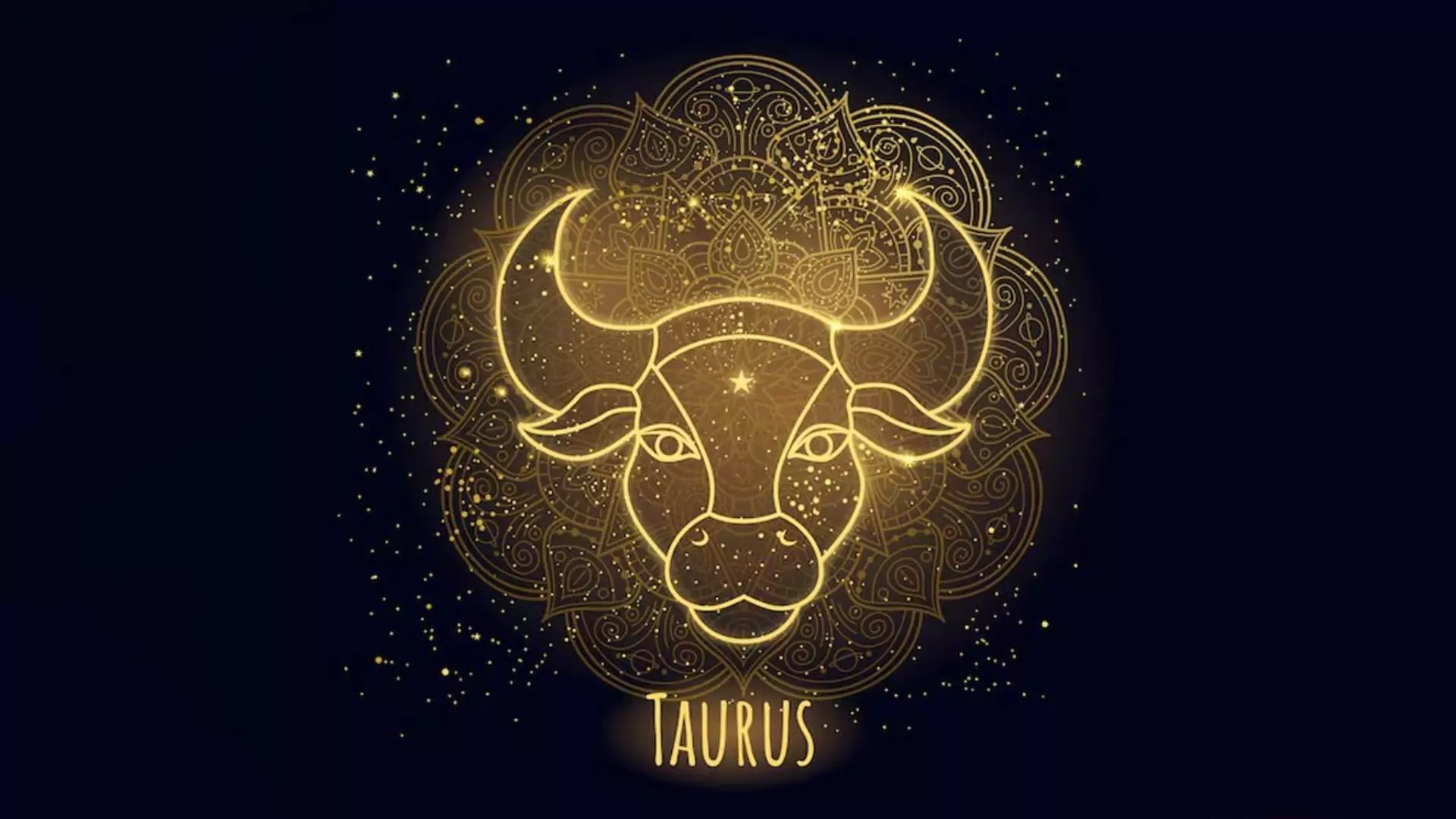The National Green Tribunal (NGT) has called for a response from the Central Government on a plea highlighting the harmful effects of “artificial light at night” on humans, plants, and wildlife.
The plea claims that such light disrupts natural biological processes, impacting human circadian rhythms, nocturnal animal behavior, plant physiology, and migratory species.
In its December 23 order, an NGT bench comprising Chairperson Justice Prakash Shrivastava and expert member A Senthil Vel noted that the petition was supported by numerous studies, research findings, and published articles. The petitioner emphasized the need for urgent intervention to address the growing issue of light pollution.
The petitioner’s counsel pointed out that the tribunal’s Bhopal zonal bench, in a July 2023 order, acknowledged the need for a comprehensive study on light pollution. Additionally, in 2024, the western zonal bench took suo motu cognizance of a media report concerning the deaths of flamingos near DPS Lake in Navi Mumbai, Maharashtra. The deaths were attributed to light pollution impairing the birds’ vision.
“Issue notice to the respondents,” the tribunal stated, directing the Union Ministries of Environment, Forest and Climate Change, Science and Technology, and the Central Pollution Control Board (CPCB) to respond to the plea.
The tribunal further instructed the respondents to file their replies in the form of affidavits at least one week before the next hearing, scheduled for April 17, 2025. The case highlights the increasing concern over the environmental and ecological impacts of artificial lighting, which often goes unnoticed in urban and industrial settings.
The plea sheds light on the far-reaching consequences of artificial light pollution, which can disrupt ecosystems, hinder migratory patterns of birds, and negatively impact human health. With the NGT’s intervention, there is hope for a detailed examination of the issue and concrete steps to mitigate its effects on living beings.
Read More: 2024 Was India’s Warmest Year Since 1901, Global Temp Also Hit Record High




















